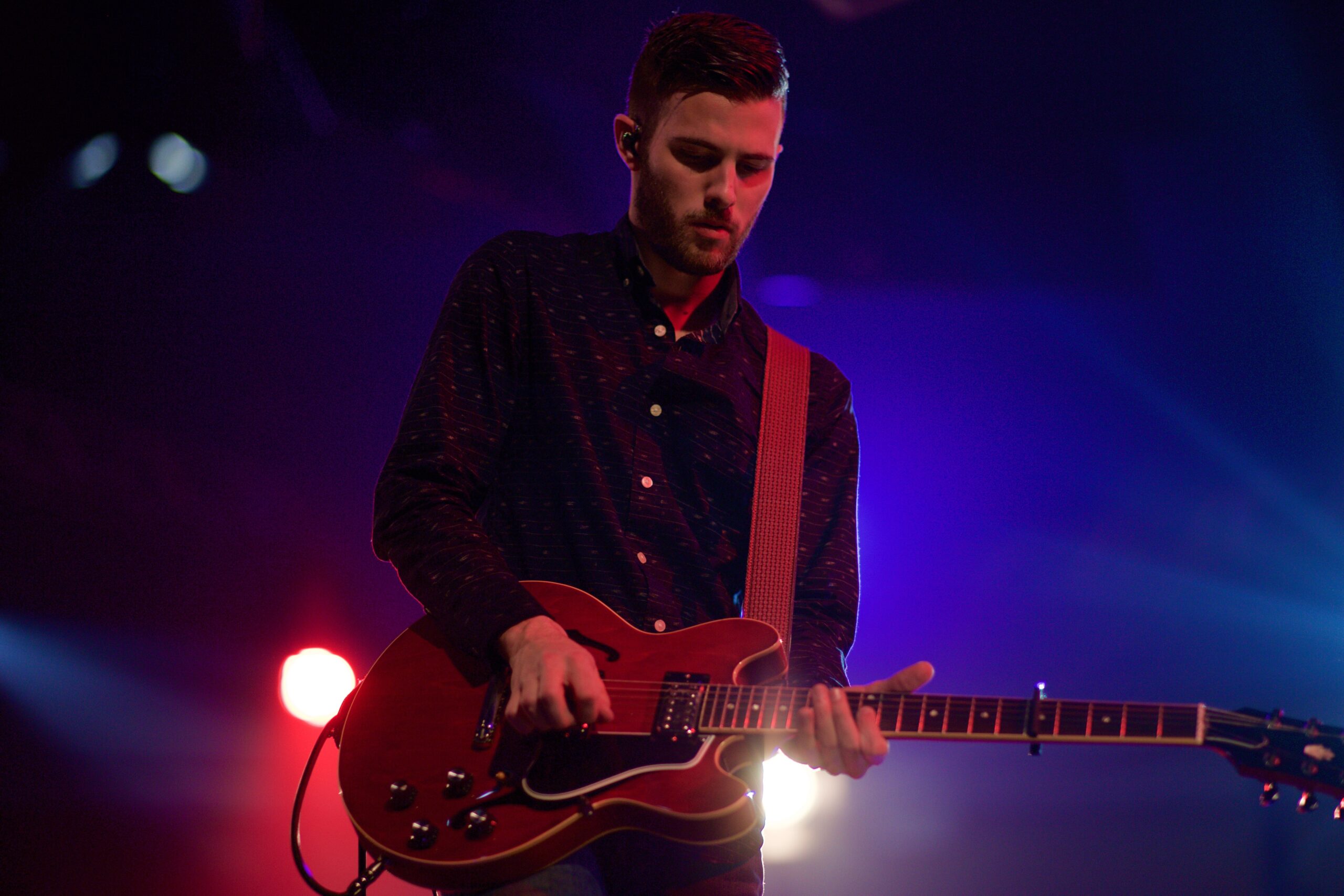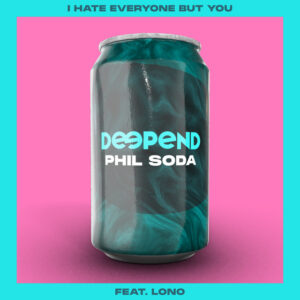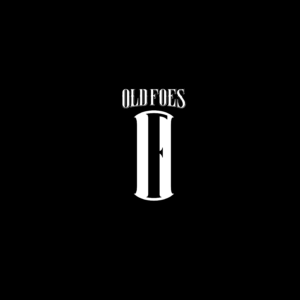As an independent artist, getting your music placed in TV shows, movies, and other media can be a great way to gain exposure and earn income. However, the process of synching your music with visual media can be complex and overwhelming, especially if you’re just starting out. In this article, we’ll guide you through the steps you need to take to get your music synched on platforms like Netflix, TV shows, and movies.
Understanding Music Sync Licensing
First, it’s important to understand what music sync licensing is. Sync licensing is the process of licensing music to be used in synchronization with visual media, such as TV shows, movies, advertisements, video games, and more. When a song is synched with visual media, it can help to enhance the emotional impact of the scene and bring out the story’s theme.
There are two types of licenses that you need to secure for your music to be used in sync: the master license and the synchronization license. The master license gives the licensee the right to use the original recording of your song, while the synchronization license gives them the right to sync the music with visual media. When you’re an independent artist, you own both the master and synchronization rights to your music.

Identifying Opportunities
Before you can get your music synched on Netflix, TV shows, or movies, you need to identify the opportunities available to you. Start by researching the types of shows, movies, and other media that your music would be a good fit for. You can do this by watching shows or movies that are similar to your style of music, or by browsing online resources like MusicSupervisor.com, which lists synch opportunities for indie artists.
You can also reach out directly to music supervisors and production companies that work in the industry. One way to find music supervisors is to look up the credits of TV shows or movies you enjoy and see who was responsible for the music. Once you’ve identified a few music supervisors or production companies that you think would be a good fit for your music, send them an email with a link to your music and a brief introduction of yourself and your music.
Music Supervisors:
Jen Malone – Euphoria, Atlanta, Empire, Step Up
Madonna Wade-Reed – Reign, Smallville, Batwoman
Lindsay Wolfington – One Tree Hill, To All the Boys, Virgin River
Winslow Bright – Sephora, Beyond Burger, Calvin Klein, Mini Cooper
Brian Vickers – Disney (Star Wars the Last Jedi, Black Panther, The Avengers, Soul)
Chris Douridas – Austin Powers, American Beauty
Sync Agents:
Marty Silverstone – Primary Wave
Lyle Hysen & Kyra Wendel – Bank Robber
Daniel McCarthy – Music Bed
Vo Williams – Sound Dose Music Group
Jenn Miller – Audiosocket
Preparing Your Music
Before you submit your music for sync licensing, you need to make sure that it’s ready for use in visual media. This means that your music needs to be of high quality, with clear and well-recorded vocals and instrumentation. It’s also important to ensure that your music is properly mixed and mastered so that it can be easily incorporated into a scene without interfering with the dialogue or sound effects.
You also need to make sure that your music is properly registered with a performing rights organization (PRO) like ASCAP or BMI. This will ensure that you receive royalties when your music is used in TV shows, movies, and other media.

Negotiating the Deal
When you’re approached with a sync opportunity, it’s important to negotiate the deal carefully to ensure that you’re getting a fair deal. You should consider factors like the scope of the usage, the length of the license, the territory covered, and the compensation offered.
The compensation for sync licenses can vary widely depending on the usage, but a typical range is between $500 and $5,000 per use. Some sync licenses may also offer backend royalties, which means that you’ll receive a percentage of the revenue generated by the TV show or movie.
It’s important to carefully read and understand the terms of the sync license agreement before signing it. If you’re unsure about any of the terms, you may want to consider consulting with a music attorney to ensure that you’re protected.
Typical upfront sync fees for indie artists:
- Commercial Campaigns: $20K – $150K+
- Films: $10K – $80K
- Trailers: $10K – $80K
- TV: $500 – $20K
- Video Games: $2K – $10K
- Theme Songs: $5K – $10K
Conclusion
Ultimately, the key to success as an independent artist is to create great music that resonates with audiences and to leverage every opportunity to get it in front of new listeners. Synching your music with visual media can be a powerful tool in your arsenal, and with a strategic approach and a dedication to your craft, you can use it to take your career to the next level.





